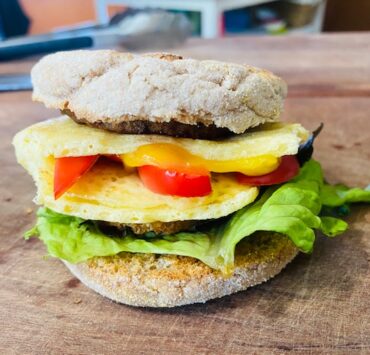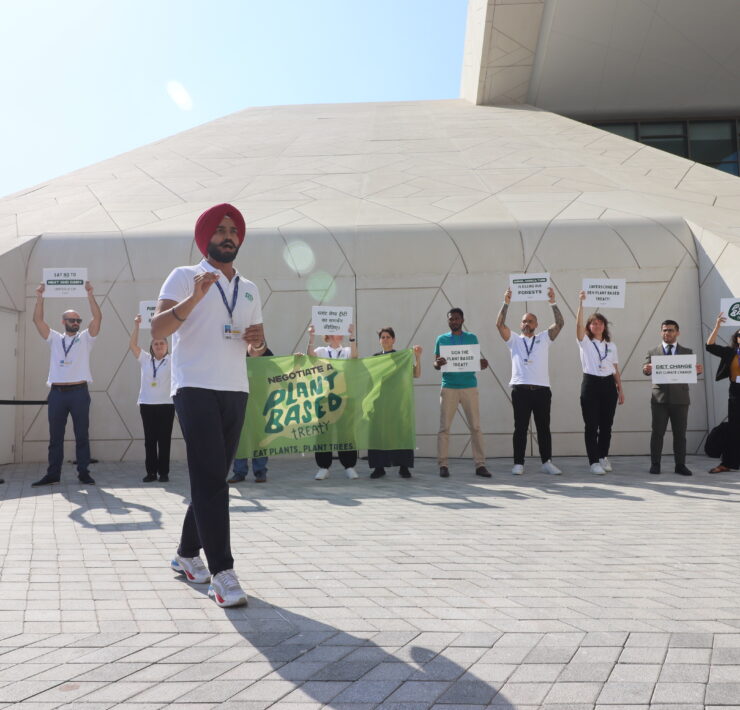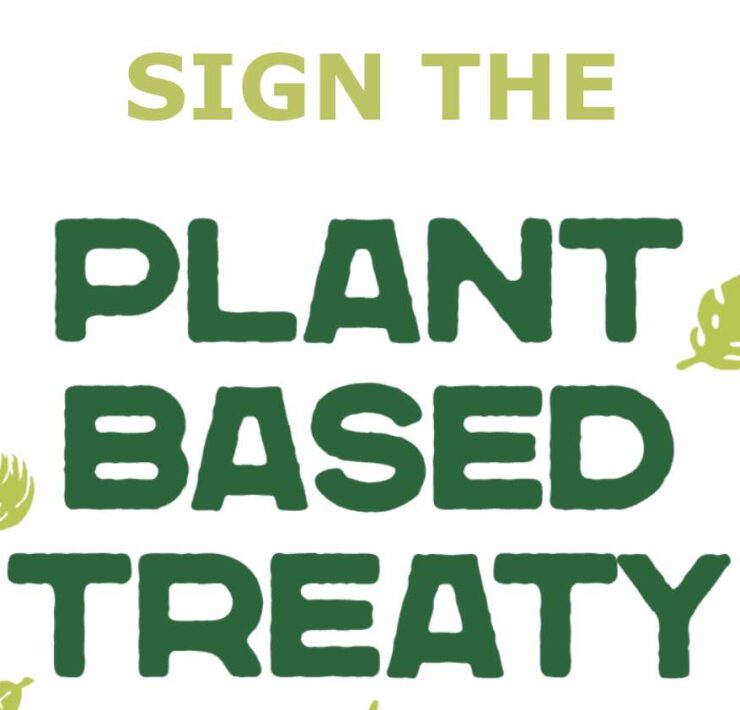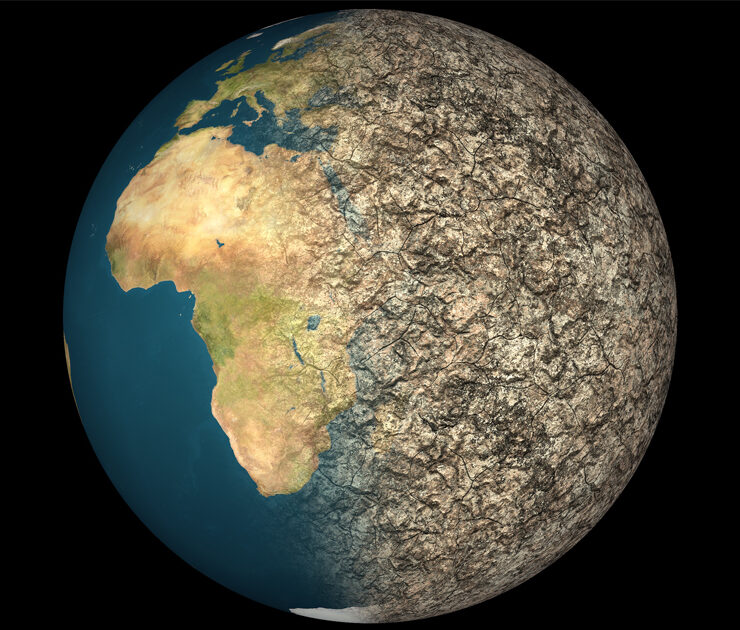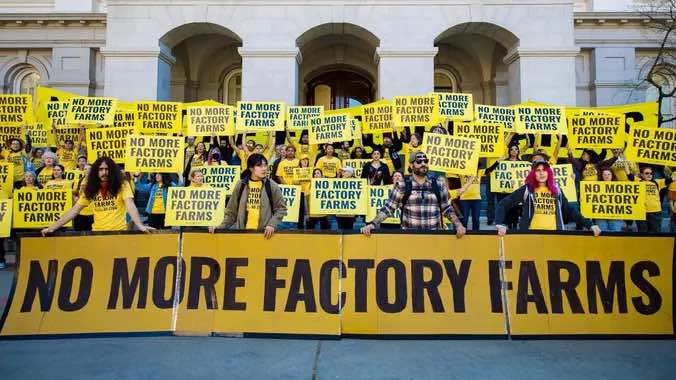Evaluate Your Plate: How Much Do You Contribute to Climate Change?
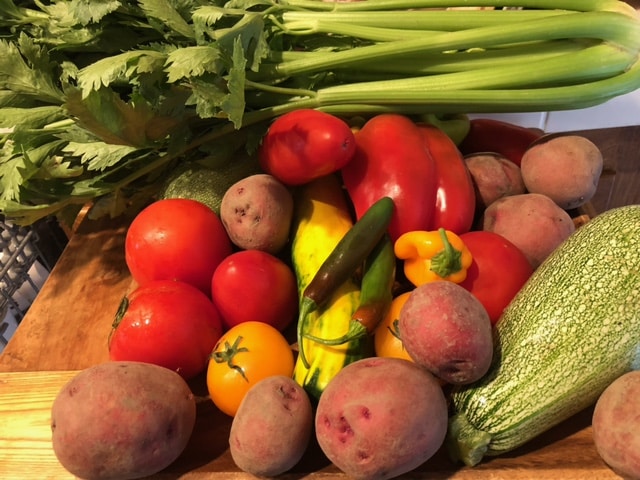
FIND OUT IF YOU ARE CAUSING THE CLIMATE CRISIS!
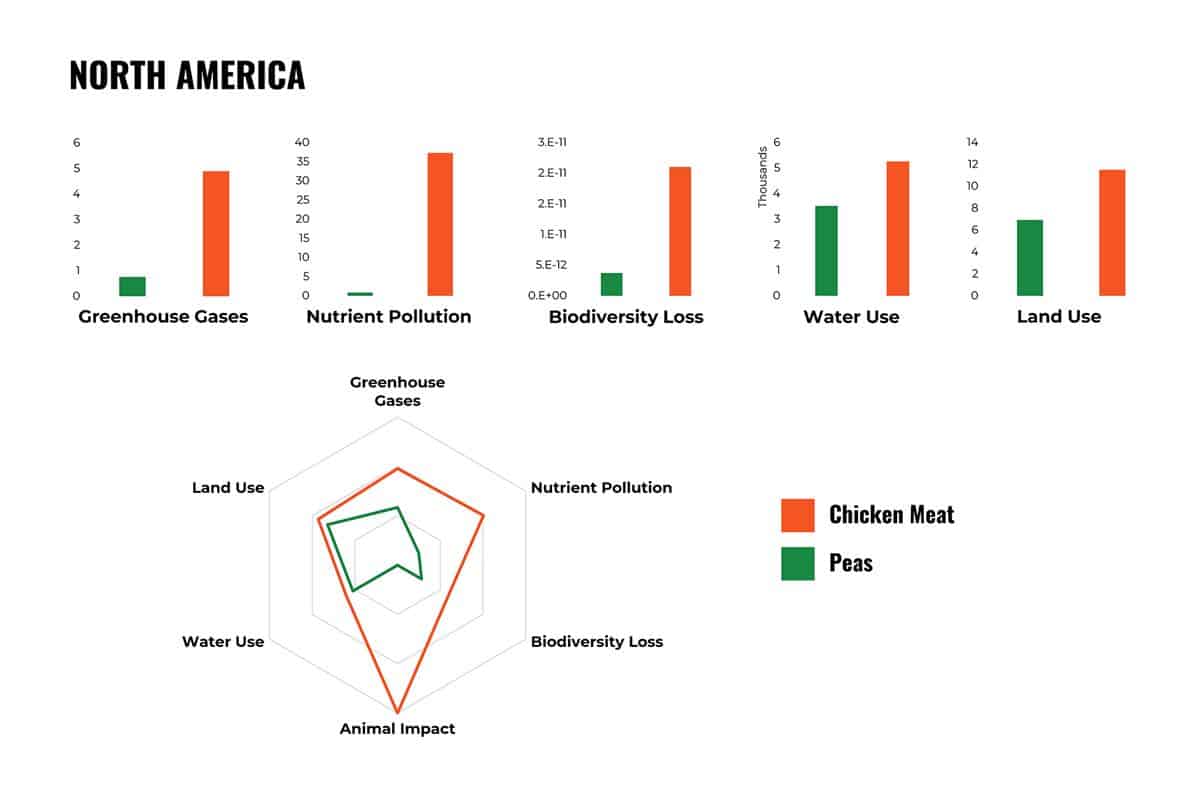
We’re all a little responsible for the climate crisis. But, some of us are much worse offenders than others. Much of it comes down to what’s on your plate.
Animal agriculture is a leading cause of climate change. A just published white paper, by noted systems analyst and engineer Dr. Sailesh Rao, argues that it is the leading cause, responsible for at least 87% of greenhouse gas emissions. If you want to dispute that number, please contact Dr. Rao at ClimateHealers.org. He is willing to debate anyone. While one can quibble over the percentages, virtually all experts agree that the meat and dairy industries pose a huge environmental problem. Greta Thunberg just did a short film to make this very point, urging us all to go plant-based.
TIME TO GET ANALYZED!
Now, there’s a brilliant new tool that allows you to analyze your favorite meals, get a reading on the carbon footprint of those dishes, and compare them to other meals. Compassion in World Farming has created Evaluate Your Plate! This first-of-its-kind calculator judges your food selections according to how they impact land use, water use, pollution, biodiversity loss and greenhouse gas emissions. go to: EvaluateYourPlate.com. Fill out the questionnaire and start mapping your meals.
JaneUnChained.com‘s Jane Velez-Mitchell interviews Compassion in World Farming’s Mandy Carter and Jeff Doyle. See below!
PLANT FOODS = PLANET HEALTH
Studies continue to show that plant-based diets are the most sustainable. The amount of resources required to raise animals for food is absurd! All that land, water, and other resources when we could just be eating plants right from the source, instead of letting them pass through another animal first.
1 gallon of cow’s milk requires 1950 gallons of water
VERSUS…
1 pound of tofu requires 302.
26% of the ice-free land on this planet is used for livestock grazing, and a whopping 33% of our land is used to create food for the livestock to eat. Those. figures are from the U.N.
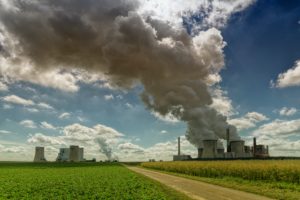
And the conditions on these farms? Torturous for the animals. “These are conditions that most people don’t want to admit exist,” says Jeff Doyle. “And, yet, billions and billions of animals live in these conditions.”
Meanwhile, the climate crisis rages on, and it’s getting harder and harder to pretend it isn’t happening.
“If people continue to simply swap beef for chicken and fish, as they have been led to believe is the environmentally-friendly choice, we will inadvertently accelerate the destruction of our planet.” -Compassion in World Farming
THE SHIFT IS COMING!
With climate change accelerating toward the point of no return, the situation is urgent. But Mandy Carter and Jeff Doyle say the plant-based revolution has already begun.

Epicurious.com, the popular recipe website, has just discontinued all beef recipes in favor of more plant-based fare. World-famous restaurant Eleven Madison Park in Manhattan has just announced it’s going all plant-based in order to be more sustainable.
“It’s no longer a choice because we do face such a crisis that we have to change,” says Mandy Carter, “And that’s something that we are facing now and has to be pushed through with decision makers.”
THE POWER OF DATA
Evaluate Your Plate is a great tool for the user to get a feel for their impact on the planet. But it’s also helping to collect more data and increase our understanding of the way our diets impact the planet. “I think we’re really in a moment of change. And what Compassion in World Farming is trying to do is bring to the forefront more data, more explanation, more conversation, and continue to push that conversation forward.”
What are you waiting for? Go evaluate your plate!


